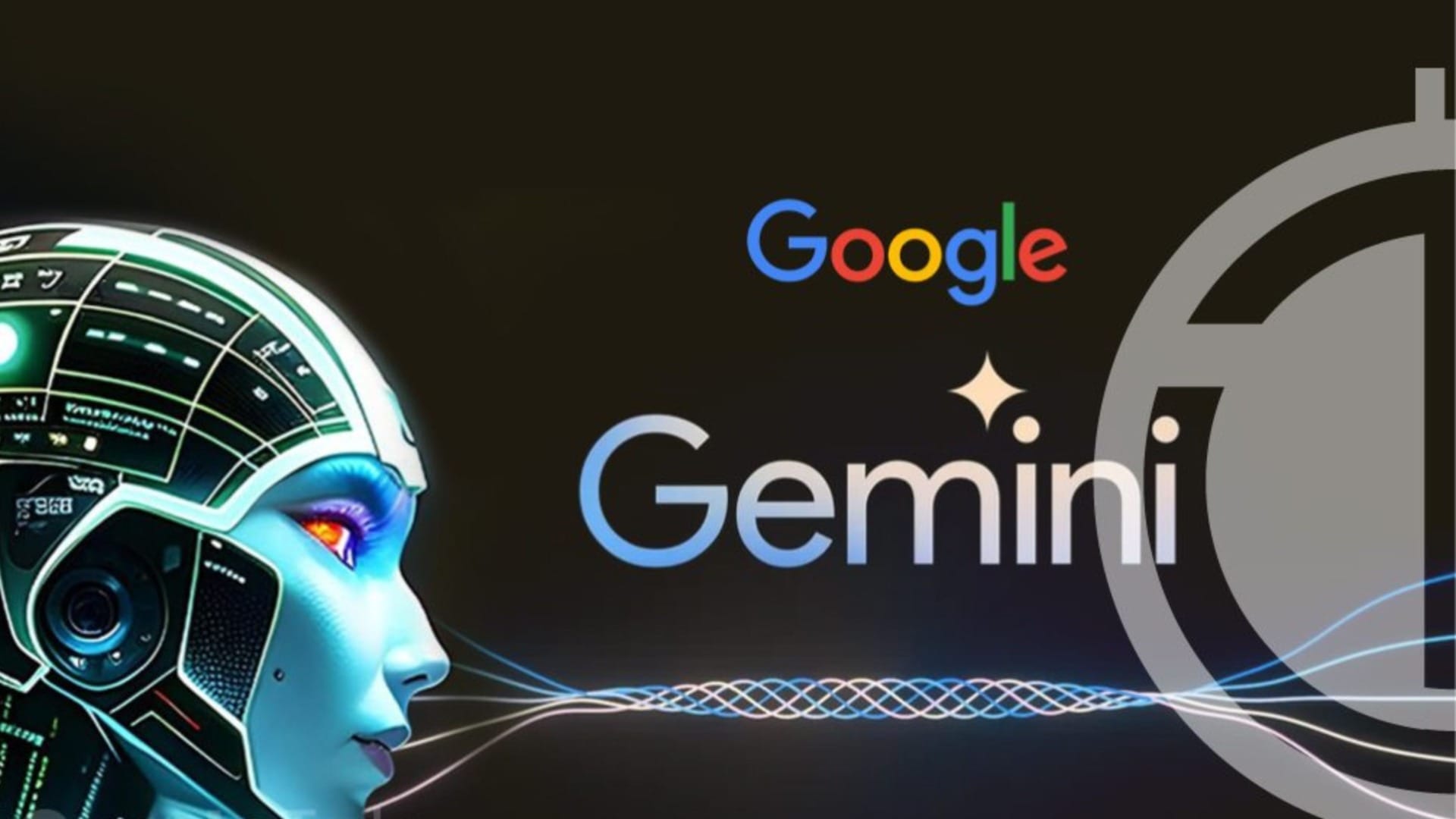Google is set to end free access to its Gemini API; It’s time to pay up
Google is phasing out free access to its Gemini API, signalling a shift towards monetising its AI services. Find out what this means for you as a developer.

It’s been rumoured for a while that Google might start charging you for AI-powered search results, particularly with the prospect of a premium search option that employs generative AI.
While it remains uncertain whether this will come to pass, Google is certainly closing the chapter on free access to its Gemini API, marking a significant shift in their financial strategy for AI development.
You, as a developer, may have previously enjoyed complimentary access to Google’s AI products—a tactic employed by Google to divert you away from competitors like OpenAI. However, those days are swiftly drawing to a close. OpenAI, which was first on the market, has already begun monetising its APIs and large language models (LLMs). Now, Google plans to follow suit with its cloud and AI Studio services, signalling that the era of unrestricted free access is nearing its end.
RIP PaLM API
In a recent email to developers, Google announced that it would be discontinuing access to its PaLM API—the precursor to Gemini, which developers used to build custom chatbots—through AI Studio as of August 15. This API had already been deprecated back in February.
Google aims to transition free users to paying customers by promoting the stable Gemini 1.0 Pro. The email advises, “We encourage testing prompts, tuning, inference, and other features with stable Gemini 1.0 Pro to avoid interruptions. You can use the same API key you used for the PaLM API to access Gemini models through Google AI SDKs.”
Pricing for this paid plan starts at US$7 for one million input tokens and escalates to US$21 for the same number of output tokens.
However, there’s a slight reprieve. Google’s PaLM and Gemini will remain available to customers who are paying for Vertex AI in the Google Cloud. As HPCWire reports, “Regular developers on cheaper budgets typically use AI Studio as they cannot afford Vertex.”
















